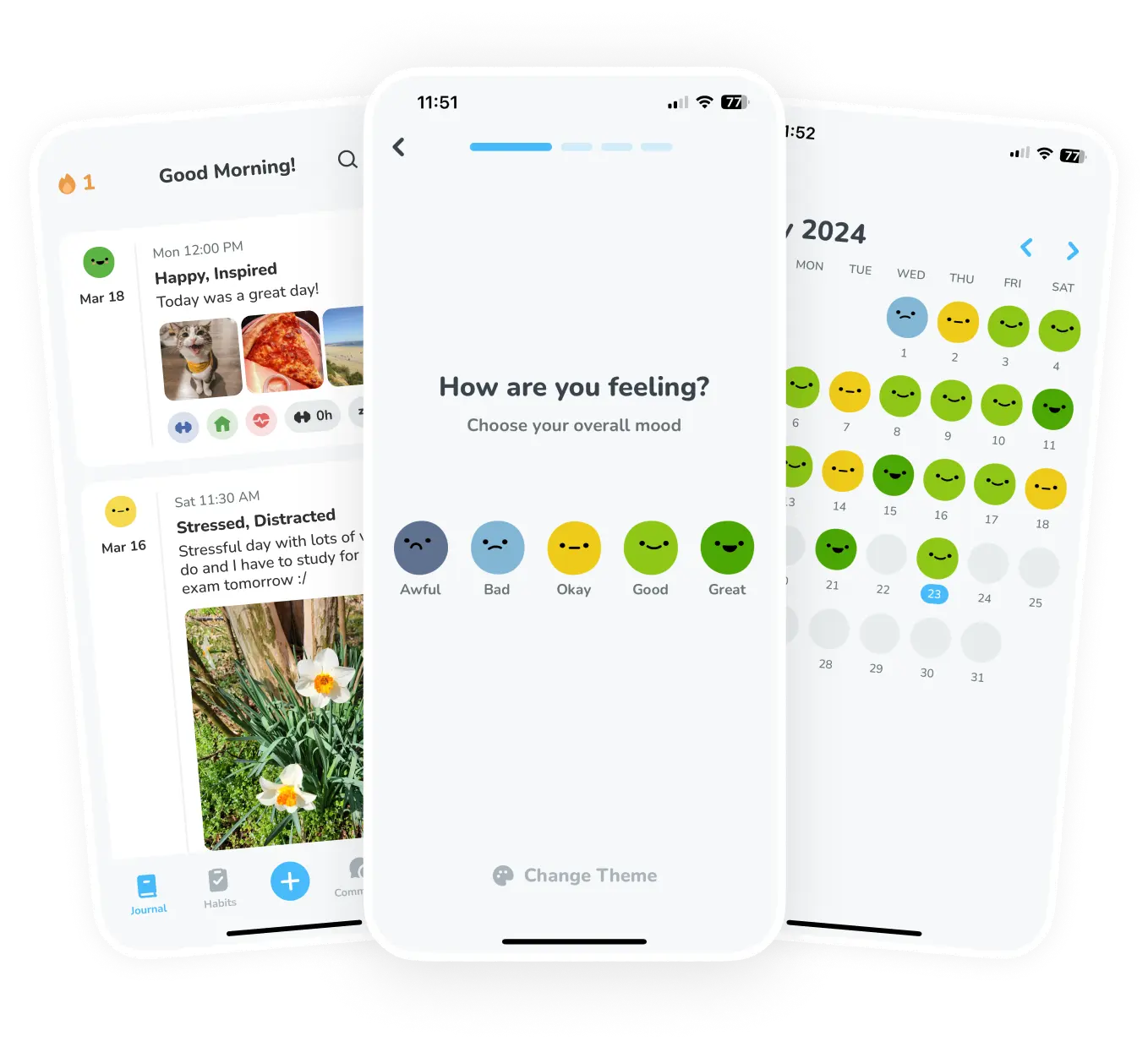With the recent hype of the Olympics, sports are on the mind of many of us. Naturally, sports are a very thrilling experience, not just as a fan, but as a participant too. Many athletes and professional sports players often pursue a career early on in their lives, getting started in high school and continuing into college as a student athlete. The life of an athlete can be very fulfilling and enriching. However, it’s not without consequences. Often, we find ourselves all too knowledgeable of the physical costs that come with the athlete lifestyle. But few of us are aware of mental strains placed on them as well. Specifically, on the ones who enter the field at a young age.
Sports Life and School Life
One of the major hurdles of living life as a student-athlete is the balance between both halves of the title. To dedicate one’s life to training and competing in a sport takes a great amount commitment. Unfortunately, that doesn’t consider all the other commitments that come with campus life. Class times, assignments to turn in, exams to study for, major projects to work on, grades to raise. All of these responsibilities are still there to endure when you choose to play in your school’s football team, soccer team, track and field or anything else. Each of these carries its own significant pressures but consider how they compound when combined with the demands of sports. Suddenly you need to balance those with your practice schedule, your conditioning, and preparation for big games. The worst part being none of these different aspects seem to compensate for the other. So, quickly student athletes will have feelings of being overwhelmed and exhausted. Because of this double trouble of workload, they can often feel as though they don’t have any time to breathe, or even have a full night’s sleep. Resulting in extra anxiety instead. That’s not the worst of it however.
When the Hurdle is just too High
Professional athletes such as Olympic Gymnast Simone Biles, who recently won her 11th Olympic Medal, and Olympic Swimmer Michael Phelps have come forward in the past about their own struggles with mental health, anxiety and depression. So often there is talk of the pressures to compete weighing on them. The endless feeling of needing to push oneself, having to prove one’s worth and feeling a sort of failure on a perceived idea of coming short. Now take those pressures and put them on the shoulders of much younger, more emotionally vulnerable students. In April of this year, the British Journal of Sports Medicine reported that over the past two decades, the rate of suicides amongst athletes in college doubled from around 7.6% to 15.3%.[i] So many young people struggle with the attachment of their own personal worth with their success as an athlete. Made even worse in events of injury, as many athletes who must put their careers on hold because of a serious ailment while performance end up feeling a sense of hopelessness and lack of purpose. That they’re missing a part of themselves. “No Pain, No Gain” is often said regarding the field of athletics. This idea that one must hurt if they wish to succeed. So often, this is said regarding the physical strain of athleticism, but too easy it is to disregard the event in which physical pain turns emotional. Suddenly, no one’s quite ready to say what could possibly be worth gaining in that situation.
Beating that Impossible Obstacle
Much like the world of sports however, there is little that cannot be accomplished with the right support. As more and more student athletes are making their struggles known, more groups are forming to give them the help they need. The National Collegiate Athletics Association (NCAA) has a section on its website dedicated to giving student athletes easy access to resources meant to help them in their struggles[i]. As do organizations like Support for Sport and the National Association of Intercollegiate Athletics. It’s also important that more campuses are made aware of the struggles of their students on the field. If you are a student athlete, know any athletes, or just want to help regardless, spreading the word and letting your faculty know can make a great difference in one’s life. But the most important thing of all, in terms of getting over the hurdles of life, is that pain doesn’t have to be necessary for gain.
[i] https://www.ncaa.org/sports/2016/8/4/mental-health-educational-resources.aspx


